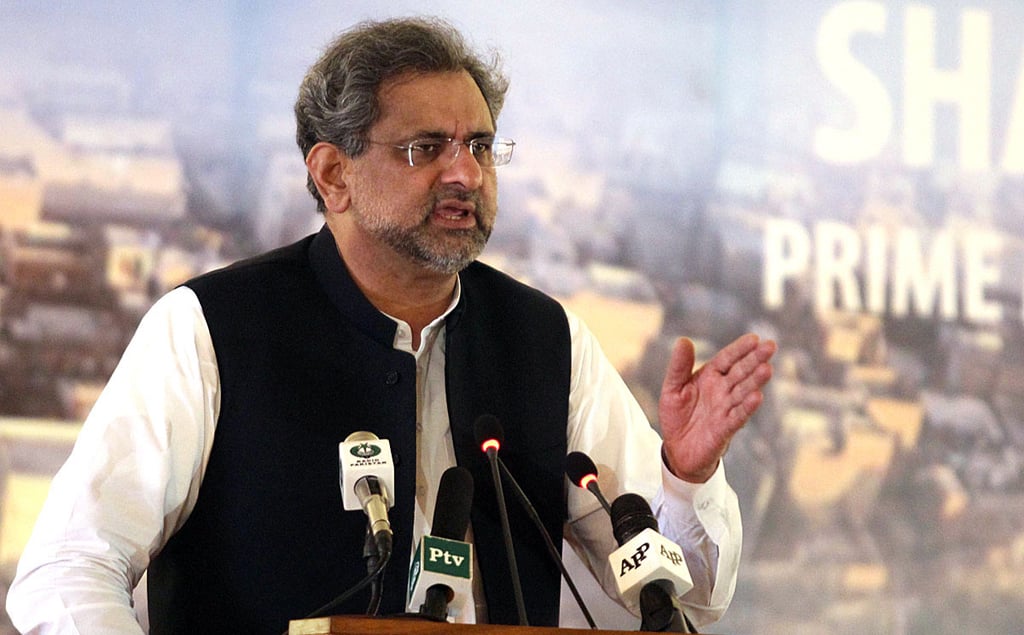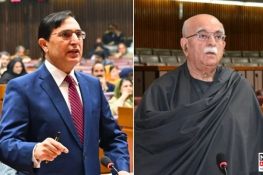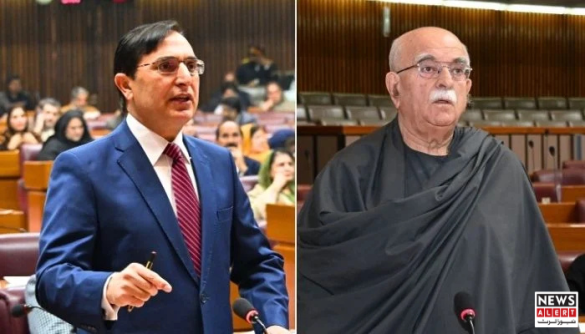Constitution Is the Foundation of Stability
Former Prime Minister and head of the Awam-e-Pakistan Party, Shahid Khaqan Abbasi, has said that Pakistan’s ongoing crises stem from repeated violations of the Constitution. Speaking on Hum News program Faisla Aap Ka, Abbasi stressed that no nation can move forward without constitutional supremacy.
The root of all our problems lies in our deviation from the Constitution, he said. Until we recognize and follow it fully, the country cannot function properly. Abbasi’s remarks come amid growing debate over political instability and governance failures in Pakistan.
Youth Are the Key to Pakistan’s Future
Abbasi emphasized that the country’s future depends on its youth, who make up nearly 64% of Pakistan’s population, according to the United Nations. He called for the government to focus on quality education and better employment opportunities to harness their potential.
Pakistani youth are talented and hardworking, he said. If the system is fixed, they can make their mark on the world.
Experts have long warned that Pakistan’s education-to-employment gap fuels frustration among young people, contributing to brain drain and social unrest. Abbasi’s comments highlight a growing concern that without meaningful reforms, the country risks losing a generation of skilled citizens.
Political Stability and Economic Growth Go Hand in Hand
Turning to the economy, Abbasi said the government’s primary responsibility is to stabilize the economy, but that goal cannot be achieved in isolation.
You cannot separate the economy from politics, he explained. When there is political instability, the economy will never recover.
Pakistan’s economy has struggled in recent years, with inflation exceeding 20% and foreign reserves hovering near record lows. Frequent changes in government and policy direction, Abbasi noted, have undermined investor confidence and slowed growth.
Gilgit-Baltistan and Kashmir Issues Interlinked
Abbasi also commented on the Gilgit-Baltistan (GB) issue, describing it as inseparable from the Kashmir dispute. He reminded that India revoked Article 370 of its Constitution in August 2019, effectively annexing the disputed territory of Jammu and Kashmir.
Now we must also think carefully about what kind of governance system should exist in Gilgit-Baltistan and Azad Kashmir, Abbasi said. His remarks point to the complex political and legal challenges Pakistan faces in managing its northern regions while maintaining its stance on the Kashmir issue.
Call for a National Truth Commission
In a significant proposal, Abbasi urged the formation of a Truth Commission to identify past constitutional violations and hold those responsible accountable.
Almost every article of the Constitution is being violated today, he warned. The rule of law is essential for any country’s stability. Until we respect the Constitution, Pakistan cannot progress.
Abbasi’s call reflects a broader sentiment among reform-minded politicians and civil society groups seeking greater transparency and institutional accountability.
Conclusion
Shahid Khaqan Abbasi’s remarks underline the need for constitutional adherence, political reform, and youth empowerment as central to Pakistan’s long-term stability. His demand for a Truth Commission adds to the growing public debate on how to confront the country’s historical governance failures and chart a more stable, democratic future.















